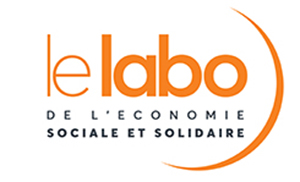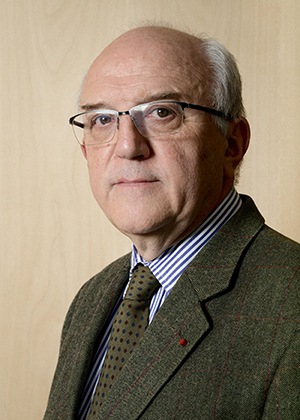« The democratic process in SSE businesses must be more deliberative »

SSE corporate governance needs to challenge itself and what it means, especially since political life is experiencing an unprecedented democratic crisis
Hugues Sibille, Chairman of the SSE Lab, is aware that the Social and Solidarity Economy is being closely watched. This became the driver for setting up a working group with 7 SSE companies.
Why did you form an SSE business club (*) to explore changes needed in existing forms of governance?
Because the practices of SSE businesses in this area can be largely improved. Although their styles of governance are clearly distinguishable from those of capital-based businesses, in which the only partners that really matter are the shareholders, this doesn't mean that we shouldn’t challenge ourselves. SSE companies are being closely monitored in terms of the values they affirm. These companies owe their success to the consistency of the triangle between values / legal form / actual practices. The SSE business model is now recognized, and we simply cannot disappoint. In its best practices guide, the
added, and rightly so, a section on democratic life.
What are the main areas for improvement? What is the range of possibilities?
The « one person one vote » principle is no longer sufficient to demonstrate a genuinely democratic process. Beyond just voting, members’ representatives should now be given deliberative powers. There is not enough debating at the General Meetings of a large share of SSE companies. What we need to do is to reconcile societal issues with corporate issues during these General Meeting discussions. Members would be more involved, more empowered for making choices. A positive move would be to introduce participatory democracy methods into the General Meeting process. This implies accepting certain risks without losing sight of the fact that the company must remain governable.
Giving more meaning to the democratic life of SSE businesses may be a difficult demand to live by, but it is vital nevertheless. One example is how difficult it is to renew member representatives. Why any representation at all if it is to be purely formal? One idea that could be examined is to convene assemblies of members to deal with specific topics, and participants would be chosen by a draw. Some technologies, such as the « civic tech »(*) are moving in this direction. The democratic process of SSE companies with respect to external stakeholders has weakened. Perhaps a renewal of governance methods could improve participation rates in voting campaigns to elect member representatives. There is less of this weakening in governance methods that involve employees, like in cooperatives and participatory societies where the principle of « one person, one vote » still makes sense. Moreover, though governance in mutual societies or cooperative banks involves members, does it truly give active room to employee representatives?
Conversely, a SCOP cooperative really does involve its employees in governance, but what about its customers? The SCIC model (cooperative society of collective interest) could be studied inasmuch as it associates both customers and employees, i.e. stakeholders. These are the different issues that we have started to examine in a series of discussions with member companies.
More generally, what is your view of the democratic situation?
Le modèle est en crise. La déliquescence des partis, l'abstentionnisme, la montée des extrêmes le montrent. Jusqu’à maintenant, il appartenait à la démocratie politique de réguler l’économie. Je crois que le renouvellement démocratique passe aussi par d'avantage de pouvoir direct du citoyen sur l'économie. Les entreprises de l’ESS doivent prendre conscience des changements à l’œuvre pour faire évoluer leurs principes et outils de vie démocratique avec leurs clients, leurs salariés, la société civile,…

(*) Maif, Macif, MGEN, MNT, Chorum, Crédit Coopératif and Up Group.
(**) Technologies, tools, applications, processes aimed at strengthening the democratic bond between citizens and public authorities.

























